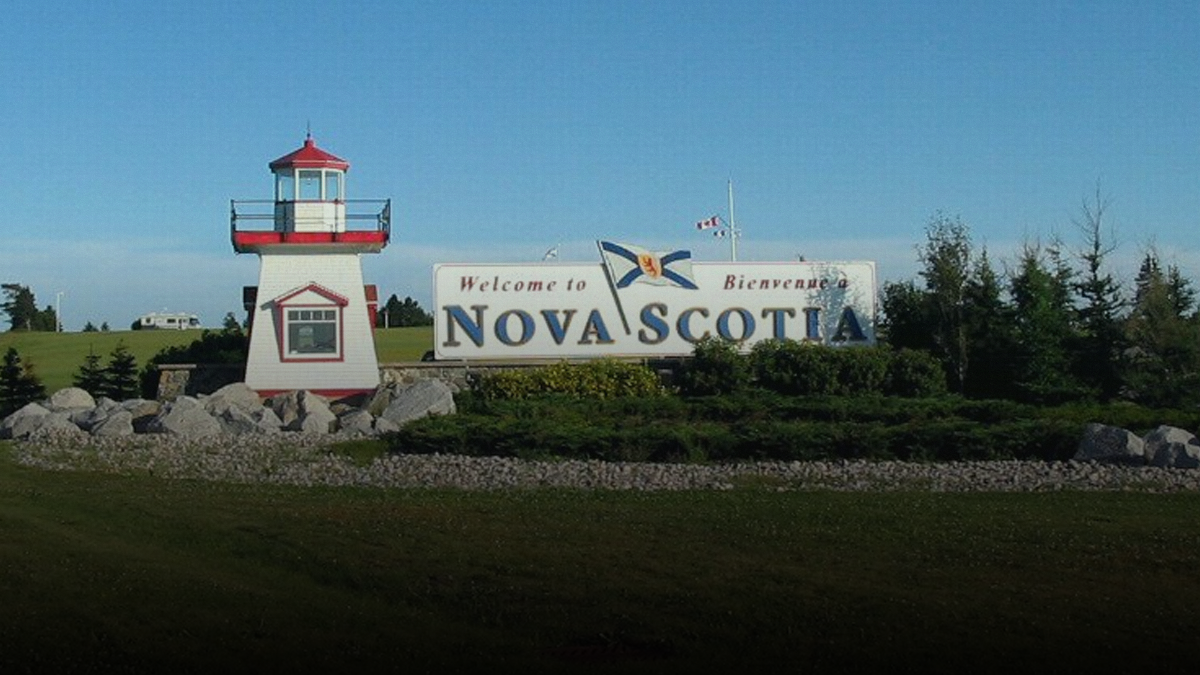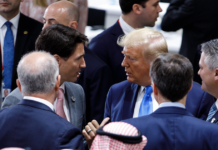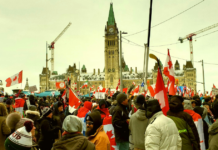Some provinces and territories are considering closing their borders in order to prevent the spread of COVID-19 within different regions of Canada.
After Yukon reported its first two cases of the virus, the territory’s chief medical officer Dr. Brendan Hanley recommended the suspension of non-essential travel into and out of the territory.
Nova Scotia has already implemented increased border controls and is asking anybody entering the province to self-isolate for 14 days. Those entering Nova Scotia will also be questioned by police, though workers and goods will continue to be allowed to cross provincial lines.
The province’s border restrictions went into effect Monday at 6 a.m.
According to Craig Janes, Director of the University of Waterloo’s School of Public Health, the federal government should consider restricting inter-provincial travel.
“Anything that we can do to just stop people moving around is going to reduce the amount of transmission and slow it. And that gives health systems the ability to respond without getting overwhelmed,” said Janes.
The Federation of Sovereign Indigenous Nations (FSIN) has called on Saskatchewan to close its borders to outsiders.
“Some First Nations have already exercised their autonomy by closing their borders and are limiting traffic in and out of their communities. We are calling on this Saskatchewan Government to do the same,” wrote FSIN Chief Bobby Cameron.
“The traffic on our highways coming in and out of the provincial borders continues to put everyone in Saskatchewan at unnecessary risk. Travellers from all over Canada continue to travel into Saskatchewan and could be unknowingly transmitting Covid-19. We must work together to stop or decrease the spread of Covid-19.”
On Saturday, the Northwest Territories announced that it would be closing its borders after reporting its first confirmed case of COVID-19.
Travellers who want to stay in the Northwest Territories are being asked to go into self-isolation, and people are being asked to report anybody found in violation of the order.
While the Canadian Charter of Rights and Freedoms assures people the right to travel, work, and live anywhere in the country, the federal government could restrict these freedoms during a state of emergency.
According to the Emergencies Act, in the event of a “public welfare emergency,” the federal government can regulate and prohibit “travel to, from or within any specified area, where necessary for the protection of the health or safety of individuals.”
Prime Minister Justin Trudeau has said that while all options are on the table, enacting the Emergencies Act is not yet necessary.
“At this time, we do not see the federal Emergencies Act as an essential tool today, but we are continuing to look at the situation. We’ll make decisions based on the best recommendations of science,” said Trudeau.





















